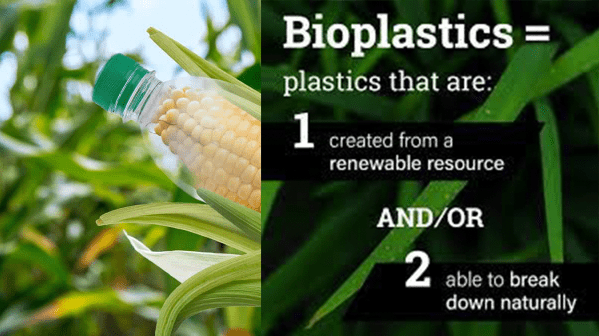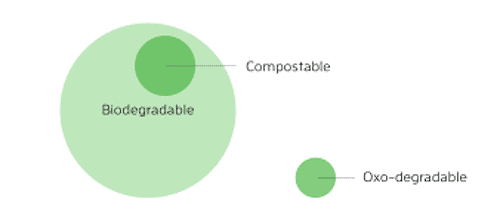Many of us are trying to be more environmentally friendly in our daily lives. We try to engage with companies that seem to care about sustainability. We attempt to buy from producers that care about the environment or at least claim to. While some of this may be rather confusing, there are some basics of being environmentally friendly that you probably learned about as a child. So you know outright that all plastics are bad.
But is this actually true? Are there good plastics out there? What is the difference between the plastics we often engage with and bioplastics, for example? We’re looking into what we think we know about plastics, and what the reality of working with plastics is.
Are There Safe Plastics?
Plastic has been connected with our current environmental crisis, and with good reason. We are hugely reliant on plastic for a variety of different products. It can cheaply replace many more expensive (and sometimes environmentally friendlier) products. It’s also very malleable, and be hard or soft, or, stretchy depending on what we need. There are clearly plastic products, like for example trash bags; and there are products that contain plastic without many of us realizing it, like some clothing textiles.
There are several issues with using plastic so heavily. For example, some of the chemicals used in plastics can trigger allergies and sensitivities in some consumers. But perhaps more prevalently, plastic is contributing to our environmental crisis in that it doesn’t break down easily. When thrown away, plastic can take up space in landfills for centuries. According to some analysts, a PLA plastic bottle may take up to 1,000 to decompose in a landfill.
But are there good plastics? You may have heard of bioplastics, but you may not understand what they are. Bioplastics are made up of renewable resources, like vegetable oils and fats, woodchips, corn starch, straw, and even recycled food waste. They can also be made of natural polymers.
Are Bioplastics Biodegradable?
Many, but not all bioplastics are biodegradable. The bioplastics that are biodegradable have a great advantage, as they’re not only biodegradable but made from renewable resources. However, you can’t take for granted that the bioplastics you’re engaging with are biodegradable.
Making environmentally friendly choices as a consumer will always require research. Make sure that you know what you’re doing, and engage with products responsibly.




Pura Vida Bioplastics = Real Certificates USDA BIO-BASED, TUV, BNQ, GREEN AMERICA Home Compostable – Breaks down 3-4 months without Chemicals
Get a Quote